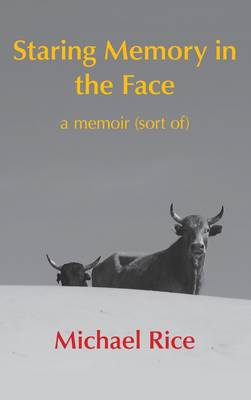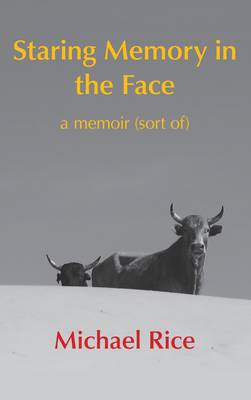
- Retrait gratuit dans votre magasin Club
- 7.000.000 titres dans notre catalogue
- Payer en toute sécurité
- Toujours un magasin près de chez vous
- Retrait gratuit dans votre magasin Club
- 7.000.0000 titres dans notre catalogue
- Payer en toute sécurité
- Toujours un magasin près de chez vous
Description
"You don't need to worry about 'Staring Memory in the Face' being yet another addition to the breast-beating literature of white boys or girls growing up in South Africa. Your book has many differences from that genre. Not least, it's well written ... The winter rain in 1943 you interpreted from the atmosphere of war around you, and the terror you describe brings a unique element into the childhood saga we know in South Africa. It's one of the best passages in the book, the rain becoming, for the child, Germans coming to kill you. The bewildering changes by which you became a South African youngster are a dimension that goes beyond the personal. They bring together undidacticly the mores and values of the colonial masters' world and those they created, we were to struggle with eventually, in one of the domains they had created. The end of Empire - and the beginning - of what? You show how it was to be part of that emergence. It's an
embattled process within the self, of course, and the containment of solitude you had to deal with, not to refuse the frustrations, false starts, is strikingly conveyed, without excuses or self-pity, but with open-eyed analysis by hindsight. There comes through a strong, troubled personality, not as Norman Mailer put it, advertisements for oneself. Your growing political awareness is something you deal with as if you were going through it as you write; I find it refreshing that you don't make it more intense or urgent than it was, as our breast-beating writers do. It's taking place almost against the preoccupations of your 'ordinary' problems of personal relations."
Nadine Gordimer
Spécifications
Parties prenantes
- Auteur(s) :
- Editeur:
Contenu
- Nombre de pages :
- 294
- Langue:
- Anglais
Caractéristiques
- EAN:
- 9780620929288
- Date de parution :
- 01-04-21
- Format:
- Livre relié
- Format numérique:
- Genaaid
- Dimensions :
- 152 mm x 229 mm
- Poids :
- 562 g

Les avis
Nous publions uniquement les avis qui respectent les conditions requises. Consultez nos conditions pour les avis.






